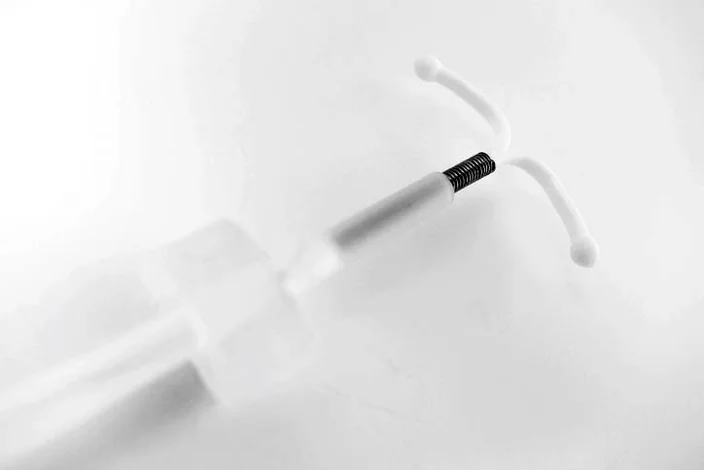The problem with predicting weight gain or loss after IUD removal is the lack of scientific research. Although weight gain or loss is listed as a potential side effect of hormonal birth control, most people experience only a few extra pounds. Some of the extra pounds are simply water weight, while others report significant weight gain or loss. In addition, not every woman will respond to birth control the same way, so it’s difficult to say how much you’ll lose or gain after IUD removal.
The good news is that these side effects usually subside after a few months. You can also keep track of side effects by using our app. You can also consult your doctor or nurse if you’re experiencing any lingering discomfort. The recovery period after IUD removal can be lengthy, but it’s not impossible. It’s worth the wait. In addition, you can expect to have some light spotting or bleeding after the procedure.
One good reason to remove the IUD is to prevent pregnancy. The device prevents pregnancy for three to 12 years, depending on the type and brand. Most birth controls come with a variety of side effects, including weight loss. While many women report only a slight weight loss following IUD removal, others experience more serious weight changes months after the procedure. There is also a risk of infection, so be prepared. You should always consult with your doctor before IUD removal.
Weight gain after IUD removal depends on the type of IUD. Hormonal IUDs release hormones. The copper IUD doesn’t affect hormones and is more popular than its counterparts. Copper IUDs, on the other hand, act as a sperm repellent. Although the use of hormonal birth control can lead to weight gain, most women don’t gain a substantial amount of weight after IUD removal.
Mirena is one of the popular choices of women who wish to reduce their chances of weight gain. However, it is not a cure for a female hormone imbalance, and the side effects aren’t limited to Mirena. Among these side effects are depression, irritability, and insomnia. Some women are also concerned about the impact of Mirena on their body weight and health. While Mirena is a great option for preventing pregnancy and increasing fertility, it comes with significant side effects and can be dangerous for your health.
Although the procedure is relatively simple, there can be some complications that are common with IUD removal. If the procedure doesn’t go according to plan, the IUD can be left in the uterus and cause complications. The doctor may find the strings too short, curling them up into your cervix. A woman may experience some pain or discomfort after removing an IUD, but it is usually far less painful than a woman who is trying to lose weight.
One common side effect of hormonal IUDs is that they alter the menstrual cycle. This can result in irregular bleeding. In some women, heavier bleeding may result for the first three to six months after the IUD removal. If you do experience these symptoms, you should take extra precautions. Further, it’s important to remember that the symptoms are not life-threatening. You can take over-the-counter medications to control pain and bleeding after Mirena removal.




